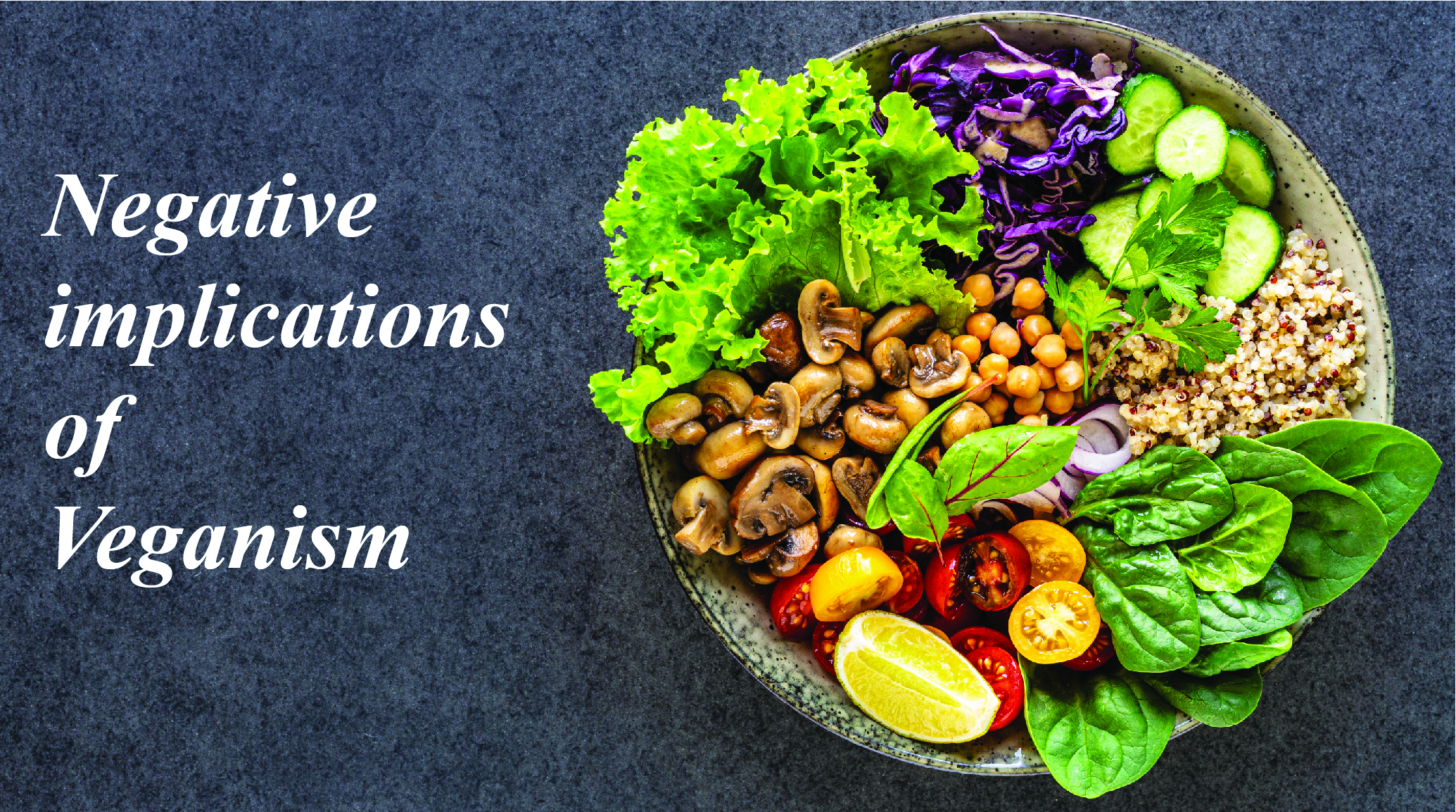“Veganism only applies to food.”
Well, let us break this myth for you!
Veganism has become a popular term nowadays. In the past few years, many people have opted for a vegan lifestyle. Although you might have this conception that veganism is just about omitting meat and dairy from your food consumption system. But veganism also suggests following a lifestyle that avoids the use of animal-derived goods such as leather and gelatin. Such a lifestyle is motivated by ethical, environmental, and health reasons.
But is veganism really climate-friendly?
Today, we will discuss the true essence of eco-friendly veganism by discussing the positive and negative implications.
Positive environmental implications of veganism

Image credits: University of Waterloo
Reduced greenhouse gas emissions
Plant-based foods generally produce lower greenhouse gas emissions than animal agriculture. The production of animal feed and the maintenance of livestock require substantial energy and resources. Livestock farming, particularly cattle, is a major contributor to methane emissions, which is a potent greenhouse gas.
Land use efficiency
Animal agriculture uses almost 77% of agricultural land. Plant-based agriculture tends to be more land-efficient as it requires less land for growing crops directly for human consumption than it does for growing crops to feed animals.
Reduced water usage
Nearly 20% of freshwater is used globally for livestock farming. Plant-based diets typically use less water than animal-based diets.
Decreased pollution
Animal agriculture uses antibiotics and hormones and animal waste runoff, which often leads to environmental pollution. Reducing dependency on animal agriculture can help mitigate these issues.
Biodiversity conservation
Reducing the demand for animal products can help protect ecosystems and biodiversity. Expanding agricultural lands for animal farming is a leading cause of habitat destruction and species extinction.
Negative Implications of veganism on the environment

Image credits: Sustainability Success
Processed Foods
Vegan foods are generally processed, such as fake meat and have a high carbon footprint as they require more energy and resources for manufacturing and transportation.
Transportation and Food Miles
Even plant-based foods can have a significant environmental impact if they are transported long distances. Choosing locally sourced and seasonal foods can help reduce the carbon footprint of a vegan diet.
Food Choices
Not all vegan foods are created equal in terms of environmental impact. Some vegan foods, like tropical fruits flown long distances, may have a higher carbon footprint than local, seasonal plant-based options.
Packaging and Waste
Excessive use of single-use plastic packaging and disposable products can add to the environmental burden. Hence, it’s important to reduce waste and choose eco-friendly packaging options.
At the End
As we end this blog, we should weigh our options and know how to assess our lifestyle decisions. Our choices should not be dependent on animal-derived products. Be it vegan or non-vegan, the environment should not pay for our luxury. Therefore, choose the environment first.
If you enjoyed reading our articles, please support us by buying our geeky merchandise on Instagram. Alternatively, you could buy us a coffee or follow us on Facebook, Twitter, Pinterest, or Medium.



1 comment
[…] severe ramifications, extending far beyond the scope of the environment. One of the critical areas impacted by climate change is our food supply. In recent years, numerous scientific studies have highlighted the alarming […]